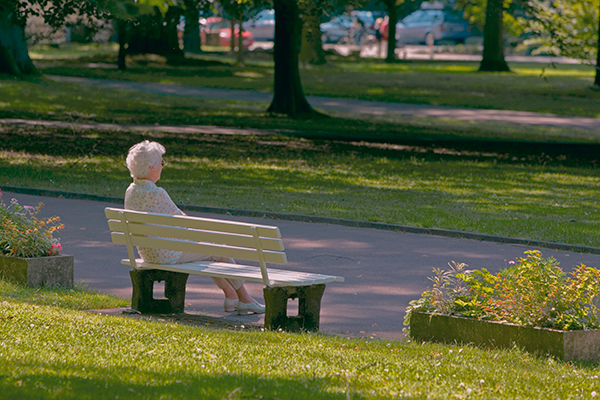Whether the loss of a loved one is expected or sudden, we often experience emotional reactions that can be tough to grapple with. When coping with grief after a death, it is important to understand what to expect as well as where to turn for information, help and comfort. We hope the following information will be helpful this pursuit.
What is grief?
Grief can be defined as deep, sometimes prolonged sadness following a loss. We may experience grief as the result of any number of life experiences, ranging from the loss of a job to the death of someone we hold dear.
Common symptoms of grief
As unique individuals, it’s important for each of us to understand that there is no “normal” way to experience grief. Every person reacts to a loss in his or her own way, and the emotional fallout of a loss can be quite complicated, especially for those left with the important responsibility of making funeral arrangements. Here are some of the more common physical and emotional symptoms of grief:
Physical symptoms of grief:
- Lack of desire to eat or desire to overeat
- Inability to sleep
- Headaches or stomach/intestinal disorders
- Tightness in the throat or in the muscles
- Heaviness or pressure in the chest
- Visual or auditory hallucinations of the lost loved one
- Lack of energy
- Periods of nervousness or even panic
Emotional symptoms of grief:
- Being overwhelmed with emotions
- Sadness and/or depression
- Mood swings
- Crying easily and/or unexpectedly
- Forgetfulness
- Inability to concentrate
- Difficulty making decisions
- Guilt or anger about things that happened or didn't happen in the relationship with the deceased
- Unexpected anger toward others, God, or the deceased
- Desire to run away, or become very busy in order to avoid the pain
- Feeling uncomfortable around other people
- Not wanting to be alone
- Feelings of emptiness, or having been cheated
- Doubts or questions concerning why the death occurred
- Fear of what will happen next
For help coping with these symptoms, please turn to our article on helping yourself heal from grief and loss.
